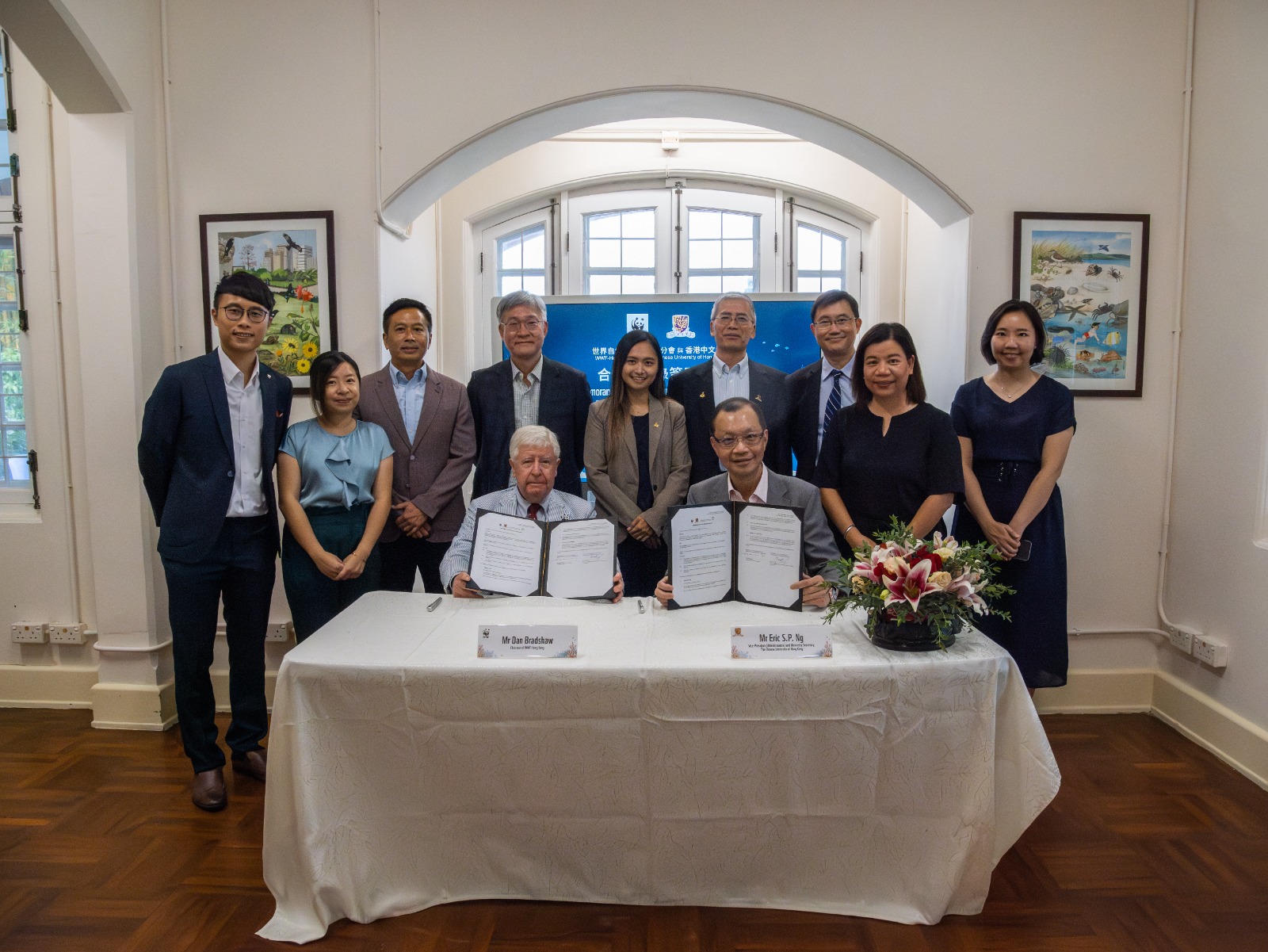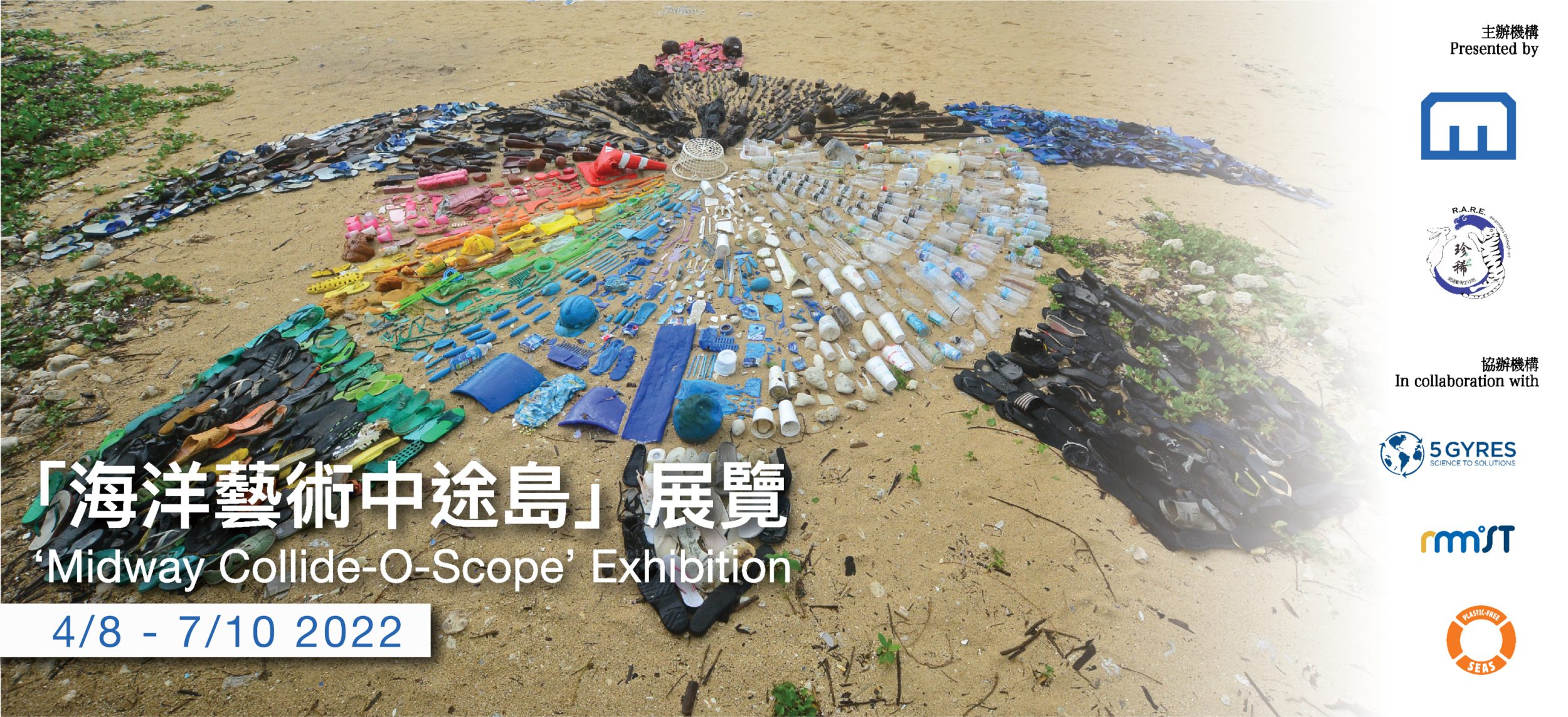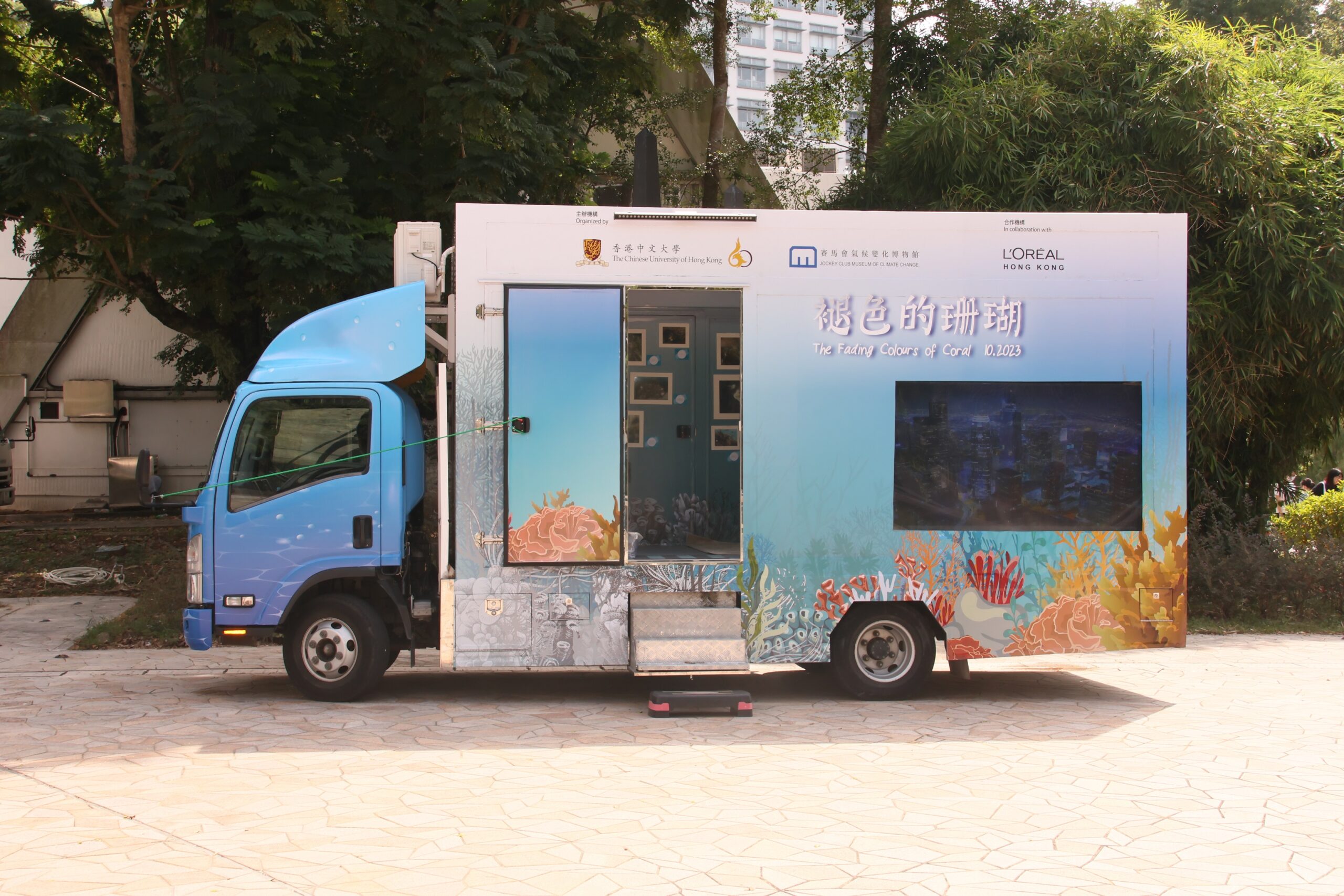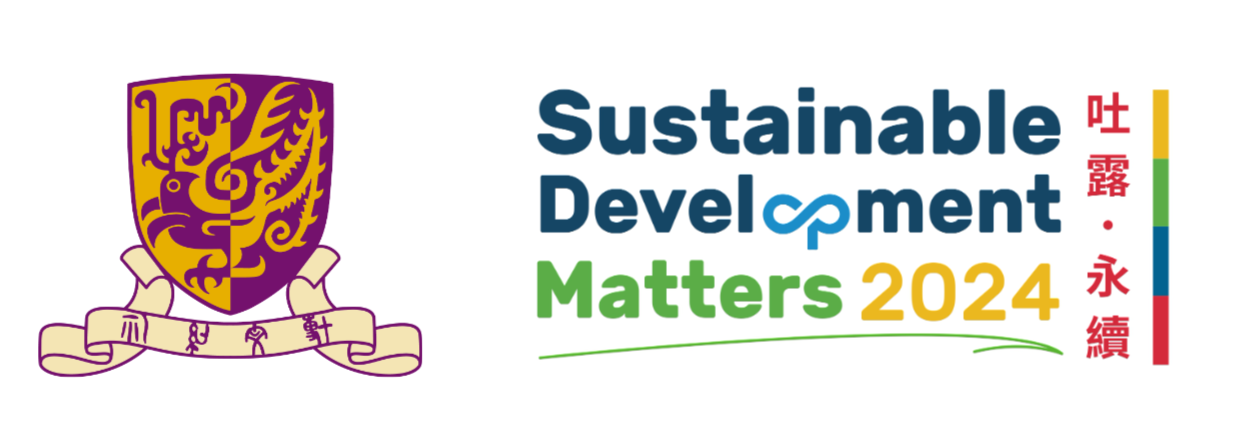SDG 14| Life Below Water
Conserve and sustainably use the oceans, seas and marine resources for sustainable development
The ocean is home to the planet’s largest ecosystem. Mankind relies on it for food, energy and water. Yet, 90% of big fish populations are depleted, and 50% of coral reefs are destroyed. We are taking more from the ocean than can be replenished. CUHK has devoted itself to marine conservation through research and education initiatives that engage the general public.
Curriculum
Policies
Addressing the drastic reduction of shark populations worldwide, the University first introduced the No Shark’s Fin Policy in 2012 to end the consumption of shark’s fin. The current Sustainable Procurement Guidelines expanded to forbid any CUHK purchases involving shark’s fins, bluefin tuna, humphead wrasse, Hong Kong grouper and sturgeon caviar. These items may not be consumed in meals served in restaurants on campus, or at any activities organized or paid for by the University.
Reviving local degraded aquatic ecosystem
Corals are of essential importance in sustaining marine biodiversity and building climate resilience. However, coral coverage in Hong Kong has recorded a significant decline since the 1980s. To turn the tide, the Coral Academy joined hands with WWF Hong Kong in restoring Hong Kong’s degraded coral communities. The newly established partnership plans to see at least 1,000 coral fragments rescued, nurtured, put back in the sea, and then closely monitored by the research team of CUHK. The Coral Academy specializes in novel coral restoration strategies, which are designed to mitigate coral population declines while preserving genetic diversity.

Supporting aquatic ecosystems through education
Plastic contributes to global greenhouse gas emissions and is a non-degradable toxic pollutant. It is being produced far faster than we can properly deal with it. Scientists predict that by 2050, there will be more plastic in the ocean than fish. The Jockey Club Museum of Climate Change (MoCC) spotlighted this staggering insight in a themed exhibition held in August–October 2022, ‘Midway Collide-O-Scope’. It was a collection of artworks made from marine plastic debris and records of the artists’ life-changing expedition in the artists’ quest to the plastic pollution truth at the Great Pacific Garbage Patch. Through ‘the power of art’, this exhibition aims to arouse the public’s curiosity and awareness of marine plastic pollution, and to spark positive behavioral change.

The MoCC partnered with L’Oréal Hong Kong to launch the Mobile Exhibition ‘The Fading Colours of Coral’ in October 2023, showcasing the potential threats of climate change on marine ecology. Touring 10 different secondary schools across the city, the exhibition infused multiple elements, including educational content, interactive games powered by augmented reality, and coral exhibits to raise awareness of the importance of marine conservation.

PREVIOUS
Climate Action
SDG 13
NEXT
Life on Land
SDG 15
